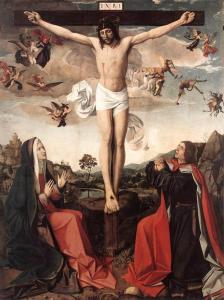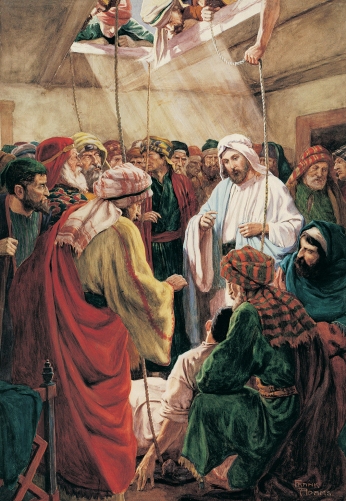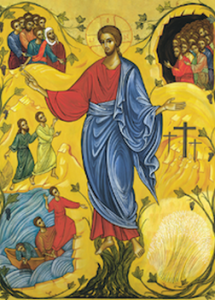Holy Week should be holy not only in its name and in the events we commemorate, but in the way we live it. In this meditation we consider the numerous lessons we can learn from this week and how we can put them into practice. We will consider:
- Palm Sunday – praising God by our life
- Holy Thursday – frequenting the sacrament of Penance
- Washing of the feet – spirit of service
- Institution of the Eucharist – love for the Eucharist and prayer for priests
- Prayer in the garden – spirit of prayer
- Passion and death – spirit of penance
- Jesus gives us his mother – love for Mary
- Resurrection – joy and hope









